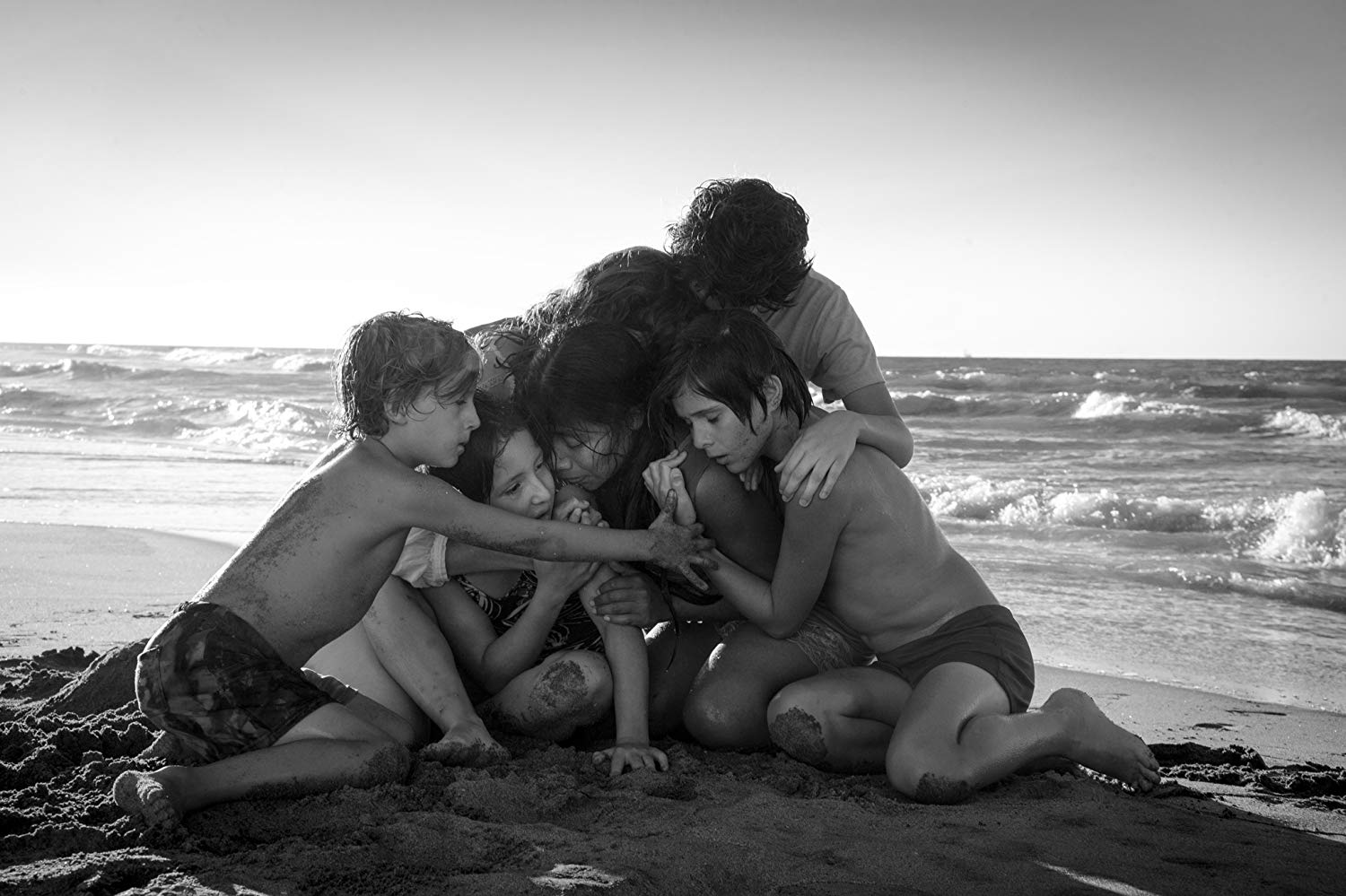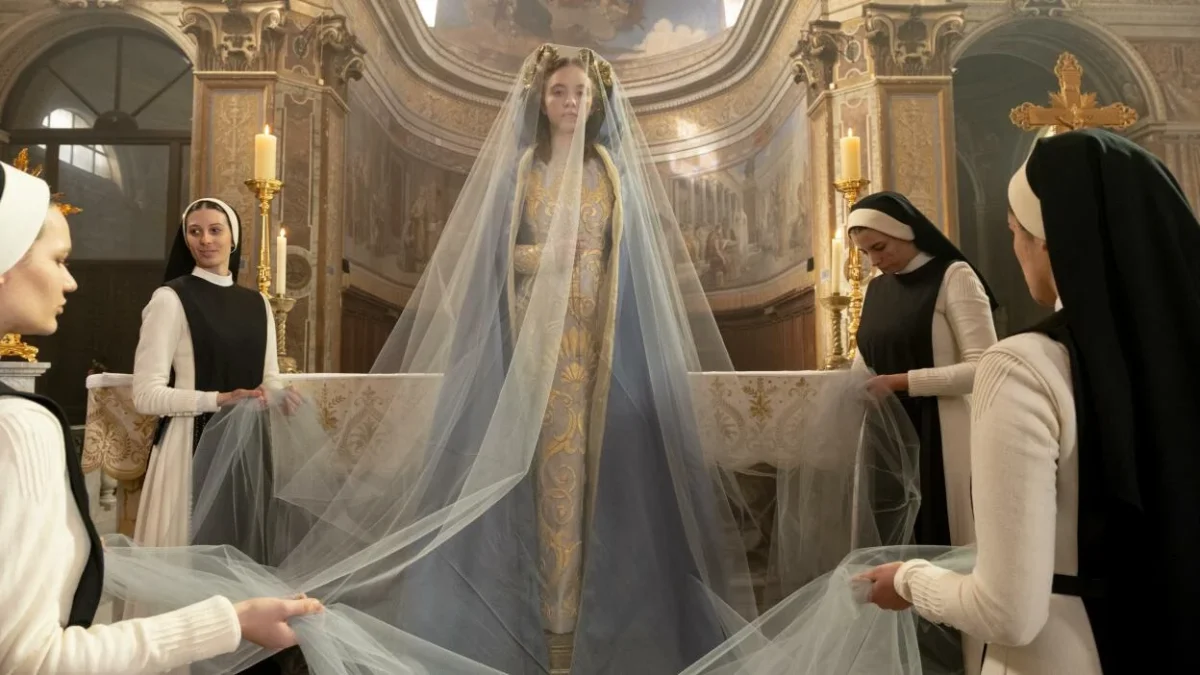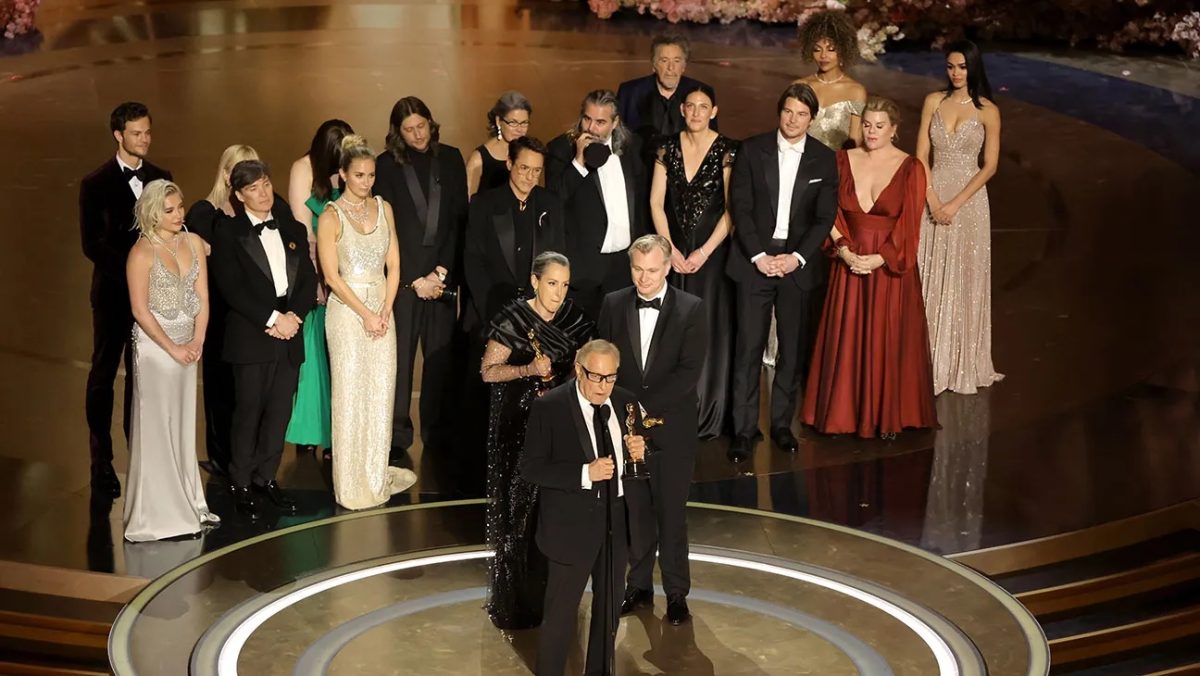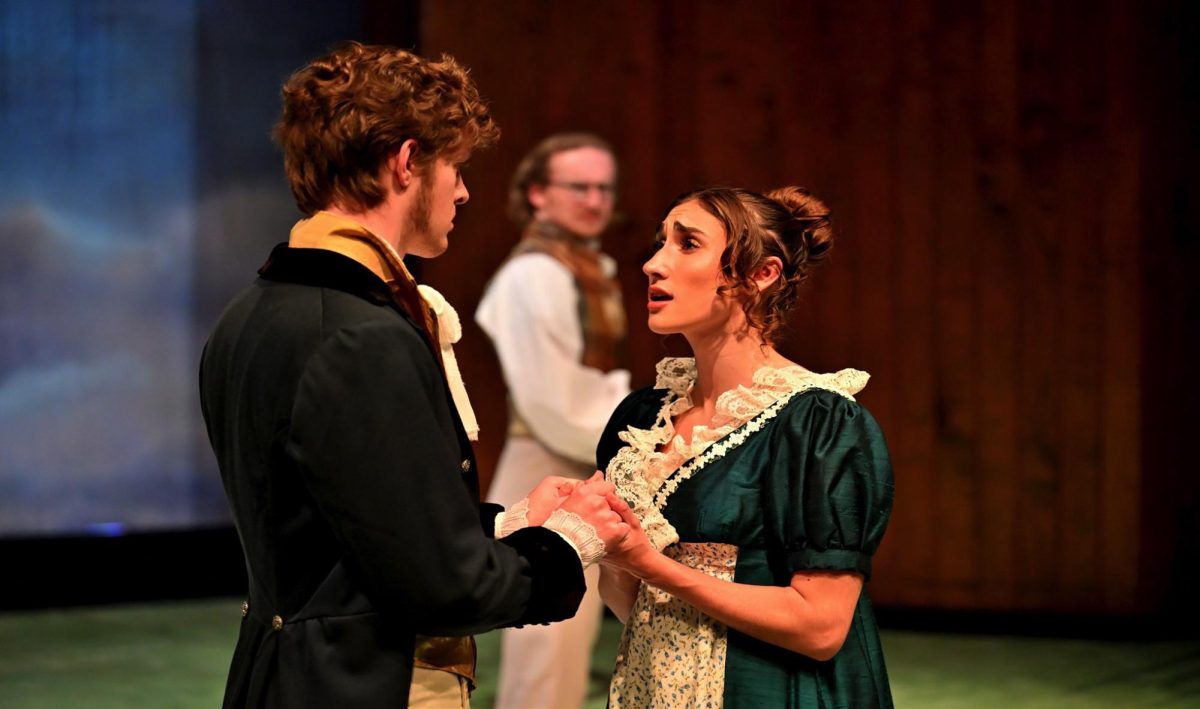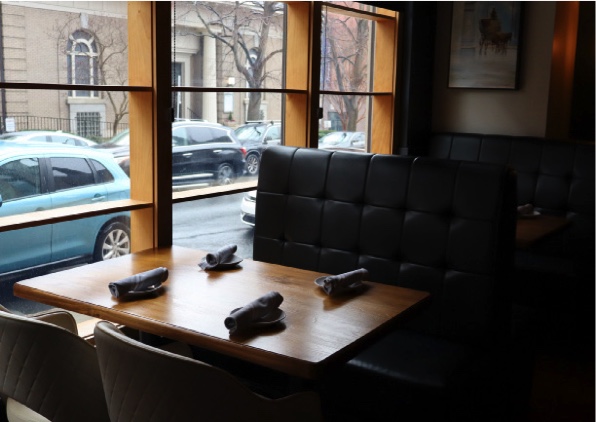The first third of Roma, the new Netflix film written, directed, shot and co-edited by Alfonso Cuarón, works as a lullaby; that is to say, in the age of ubiquitous detonations, the nascent stages of Cuarón’s film come across as gentle, rocking and also a little boring. But what starts as a cool observance of domestic experience morphs into a harrowing tale about the sad realities foisted upon those whose world pays them no attention.
Cleo (Yalitza Aparicio) is a woman dictated by everything, it seems, except an ego. Working as a maid for an upper-middle class Mexican family in the early 1970s, Cleo is blown about by the whims and wills of others, their shortcomings draped on her quiet servitude like a weighted shawl. And while the first half of Roma is nobly committed to world-building absorption, the appeal of Cleo’s ambient servitude is, at first, uniquely granular, but then becomes a slightly tedious trailing. As Cuarón’s camera mimics the grinding domesticity (it never flatters, never shakes, but only observes in infinitesimal glances and languid pans, following Cleo from room to room, chore to chore), we begin to fade, only to realize later that perhaps that is the point. The small and large indignities of domestic work, shown to us with a fluidity that mimics their incessant rain, float behind the final third’s drama. We are left even more viscerally agape at tragedy and humanity, having attended it for such a long time.
Cleo’s work exists in the background of an upper-middle class family, one that is somewhat guarded against the politically-charged danger of the street. It makes sense, then, that their tragedy takes a subtler path. The father, Sr. Antonio (Fernando Grediaga), is a doctor, whose negligence comes from absentia. When he is present in the house, watching television with his family, his mind floats by the door, and he is, like most things in life, a soft-pedaled disappointment, whose ghostly implication has a stronger effect than any sort of abusive presence. At first, he leaves under the guise of research, then fails to return because of a mistress. His entrance into the film (a scene where he barely squeezes his car into the garage) literalizes how hemmed in he feels by suburban life, and Cuarón shoots the scene with an apposite tension. As the car roars and struggles like Laocoön, sad, chain-smoking Antonio languishes inside it, not a vicious patriarch, but an apathetic one. Antonio’s wife, Sra. Sofia (Marina de Tavira), progresses through myriad reactions to her husband’s desertion, realistic in her degrees and tuned to various emotional timbres. Eventually, Sra. Sofia becomes one of the most satisfying parts of Roma. After an initial response, told to Cleo in a fit of tears, that “we women always end up alone,” Sra. Sofia blooms out of her desolation into a loving, salvific matriarch.
But while the family temporarily derails, Cleo struggles to not only swat away the random failings foisted upon her (allowing a son to listen to his mother’s emotional breakdown, not satisfying knee-jerk Draconian cleaning standards), but also gets impregnated by an indifferent oddball, whose single impulse is toward a national martial arts program. Cleo’s pregnancy will not get in the way of his advancement, and his unsettling aggression when she confronts him increases the impetus of her happenstance pregnancy. And as this pregnancy progresses, as the un-fathered family subtly breaks, the volatile cityscape erupts. A violent student protest bursts in on Cleo’s maternity shopping, and with a gun pointed to her face (the gunman an illustration of the small and large world collapsing) and several shot dead behind her, her water breaks.
And if the apparent tragedy isn’t enough, the rare glints of happiness in the film have an imminent doom to them, too, as when Cleo and her friend Adela (Nancy García García) joke in their quarters, or go on a double date. These events of relief seem to quiver dangerously, conditionally, since everything is conditional in a servile role, upon the fickleness of those served.
Yet Cuarón finds a way to lavish his subject with love, because what else is there? His camera moves with a matter-of-factness that slides into an honest subjectivity, a bald-fact amorousness that Cuarón clearly sees in his subject. And we see it, too. Yes, the entirety of Roma speaks of the undulating quality of existence, and despite the surrealistic feel the camera gives it at times, the film mostly is downhill. Cleo gets ignobly whipped around, and there isn’t much slapstick. But that’s not what we came for, and what we get from the slow-burn is a much grander love, even though the immediate upshot of placing our main character in the working class, especially the servant class, is a climactic dry-heaving.
Cleo cannot afford to simmer and then erupt in the face of her tragic circumstance; instead, she must, for the sake of her remaining, brave the coming wind indefinitely. She can never ask De Niro’s most famous question, “Are you talking to me?”, because everyone most assuredly is not. Yet they project their needs and desires, complaints and redirected insults, onto her compliant servitude, and she can never respond. Cuarón, in his contained presentation of Cleo and her family within the larger politico-social milieu, elevates the material from the individual to the universal, creating the only portrait that’s known to be effective, that of the contextualized person. Through the silver-silk visuals, Cuarón works in the tradition of Marquez’s magical realism, but Cuarón’s magic comes from a diverse admixture: a marooned individual in the context of familial subtlety in the context of political volatility. What’s that mean, you ask? It means you need to see Roma.

